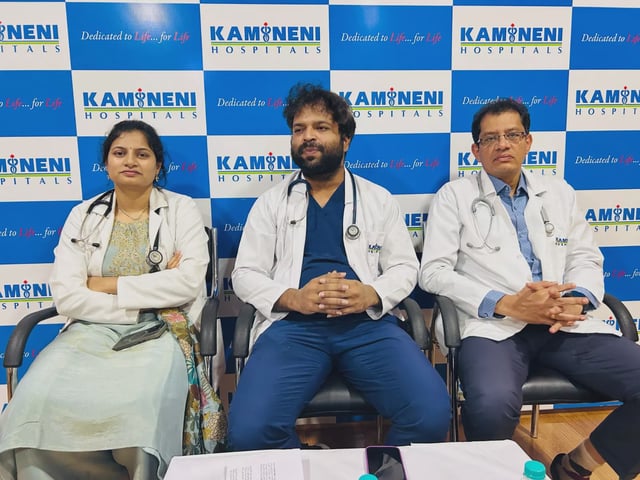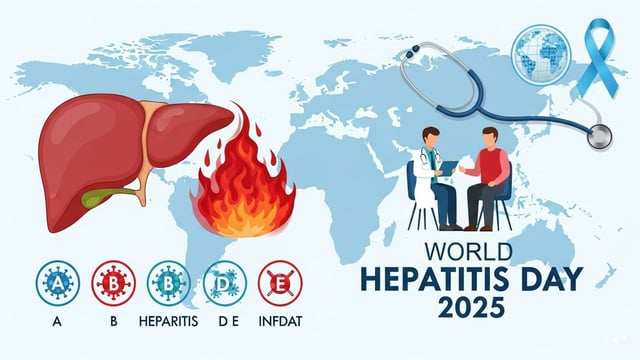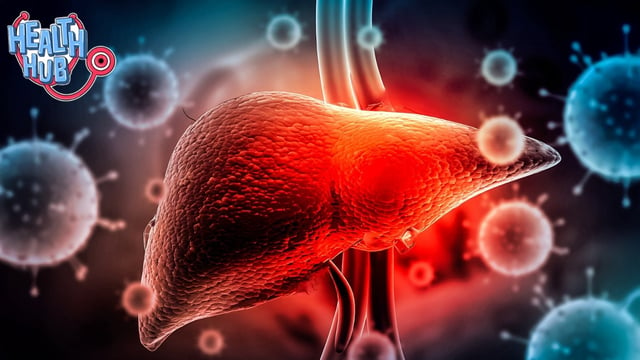Overview
- India carries over 11 percent of the global chronic hepatitis B and C burden, with nearly 30 million people living with hepatitis B and 5½ million with hepatitis C, many unaware of their condition.
- Hospitals report seasonal surges in acute hepatitis A and E linked to contaminated water and flooded drains during the monsoon.
- Authorities have rolled out decentralized screening camps and strengthened birth-dose hepatitis B vaccination under the National Viral Hepatitis Control Programme to boost early detection.
- Diagnosis and treatment remain patchy across India with stigma and limited rural access leaving many without curative antivirals or complete vaccination courses.
- Experts warn that nonviral liver conditions such as lean metabolic-associated fatty liver disease and drug-induced injury from painkillers and herbal supplements are escalating healthcare pressures.



